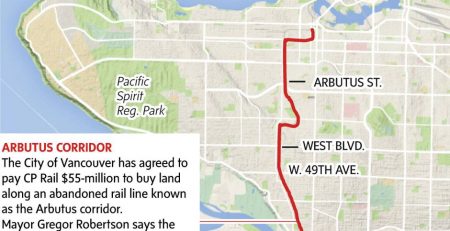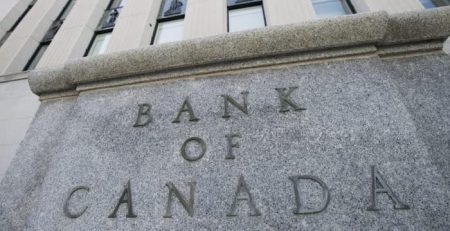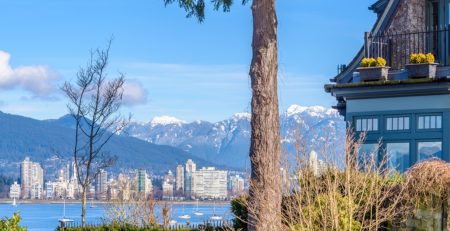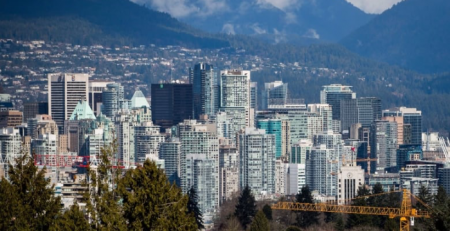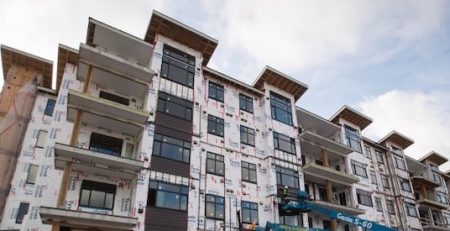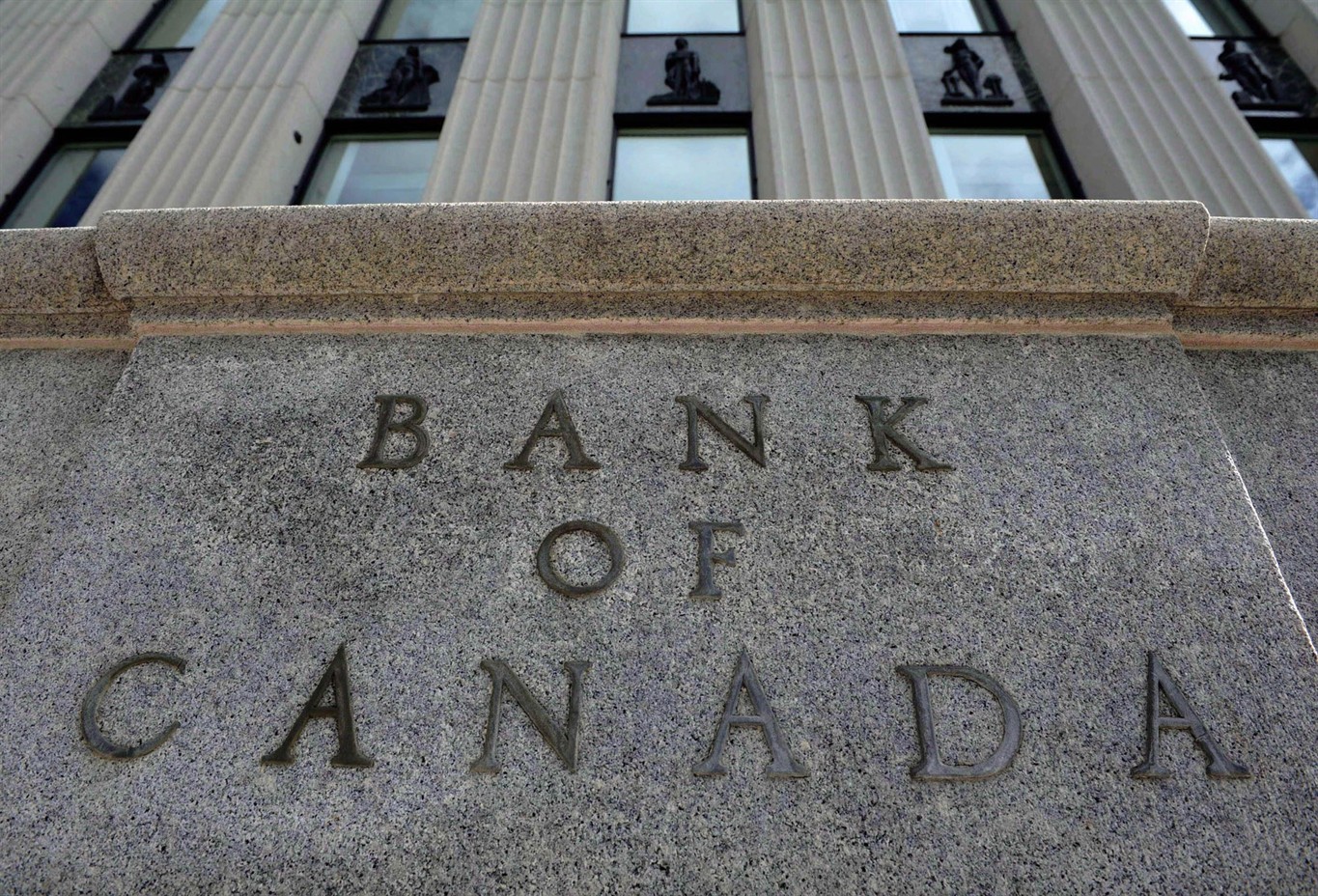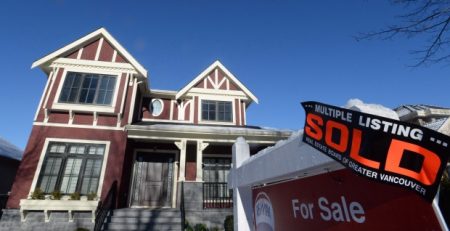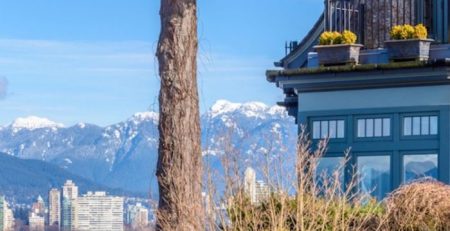Look for U.S. buyers to snap up more Vancouver homes
[BC Business – October 9, 2020]
COVID-19 and political unrest stateside will help drive property purchases by Americans over the next year, real estate services firm Engel & Völkers forecasts
Every time there’s a U.S. election, it seems, Americans threaten to move to Canada. Google searches for “How to apply for Canadian citizenship” peaked after the recent train wreck of a debate between President Donald Trump and Democratic rival Joe Biden.
Andrew Carros, licence partner with Engel & Völkers Vancouver, thinks this time really could be different—and that Vancouver residential real estate will benefit from motivated U.S. buyers. “It’s not just COVID,” the realtor says. “It’s the election, it’s civil unrest right now, something that nobody’s experienced down there.”
The Metro Vancouver housing market has defied fears that it would struggle during the pandemic. Residential property sales surged 56.2 percent year-over-year in September, according to the Real Estate Board of Greater Vancouver. That’s almost 50 percent above the 10-year September sales average and the highest total on record for the month. Meanwhile, new listings climbed 31.6 percent versus the previous September. The benchmark price of a detached home in Metro Vancouver: $1,507,500, up 7.8 percent year-over-year.
And international buyers? They keep coming. Although the Vancouver region saw new Canadian permanent residents fall 19 percent in June, the federal government reports, it fared much better than Toronto, which suffered a 41-percent drop in new permanent residents.
Foreign purchasers from all corners of the globe have long favoured Vancouver, but their decisions about where to buy a home are increasingly driven by lifestyle, not economics, Carros argues. Perceived as a clean, safe place, Vancouver consistently ranks among the planet’s most livable cities. “I think that’s what the COVID pandemic has done to the world,” Carros says. “People are reanalyzing their personal situations a little bit differently.”
The same goes for local buyers, who are driving the current market, he says. Carros has seen many Vancouver-area residents with apartments trying to move to townhouses, and those in townhouses seeking detached homes. “When you get confined to your house and not able to go out as much, then living downtown, as an example, doesn’t become as important to you,” he says. “In fact, it feels like you’re a little bit more isolated because you have to stay in your apartment.”
California dreaming
Although Canada’s borders remain closed to most nonessential travel, Carros expects international home purchases in Vancouver to grow over the next couple of years. “People who have means and people who have money, they’re going to go pick the spot they feel is going to work best for them and their family, and Vancouver is top of the list in a lot of people’s categories worldwide.”
Americans in particular will be all over the Vancouver market through 2021, Engel & Völkers forecasts. Given the situation at home, many Americans are looking at Canada with envy, Carros maintains, partly because of how we’ve handled the pandemic. “It’s not perfect anywhere in the world right now, but at least we’re being responsible and caring about our people,” he says. “When you top that off with the political unrest that’s happening in the United States, there’s a lot of reasons for people to look at other options.”
The fact that most Canadians live close to the border can make the move from stateside relatively easy, Carros says. With its growing film industry and technology sector, Vancouver could be an attractive destination because it resembles California two decades ago.
For Californians grappling with wildfires and extreme heat, Vancouver also offers an escape from the ravages of climate change, Carros observes. “People are looking at British Columbia and going, Now, there’s a place that seems to be pretty stable. And they’re used to the same industries as we are, and maybe they’ve got a similar ideal as we do down in California,” he says. “And so I think we’re going to see a lot of people moving up the West Coast toward Vancouver in particular.”
Town and country
Whether they’re from the U.S., Asia or Europe, foreign buyers often get blamed for Vancouver’s housing affordability crisis. Although Carros doesn’t have any data to share on the proportion of total sales that go to international purchasers, he says they’ve definitely pushed up prices. “Forget what’s happening over the last six months,” he adds. “Generally, they look at Vancouver as a really optimal place to live. And people were moving their families. We had a lot of growth through China.”
Well-heeled international buyers are more concerned with lifestyle than property values, Carros says. “With limited real estate to build upon, our inventories were always kept really low, and so prices were driven up.” Although the provincial government’s foreign buyers tax curbed interest in B.C., purchases from international groups kept flowing and the local market remained strong, Carros notes.
Asked if there’s a typical Chinese or American buyer, he says the former has tended to look for detached properties in affluent neighbourhoods and near good schools. “A lot of the motivation for the Chinese buyers was bringing their young families out and creating a different life, so schools and neighbourhood were incredibly important.”
Americans have been more likely to seek part-time homes—“the downtown condo market, closer to the city, looking for ease of getting around.” U.S. buyers are also keen on recreational properties in Whistler and elsewhere, Carros says. “We’re hearing a lot of Americans are looking on Vancouver Island—so that’s like Victoria, Nanaimo, Courtenay. They’re seeing a large influx of American buyers. There’s just good value over there.”
International buyers could give B.C. and the rest of Canada an economic boost, Carros asserts. “Very educated, smart people all over the world are looking for different places to live,” he says. “If we looked at it as an opportunity to grow our country and to welcome people in and really grow and build a little bit more, it could really help the economy.”


